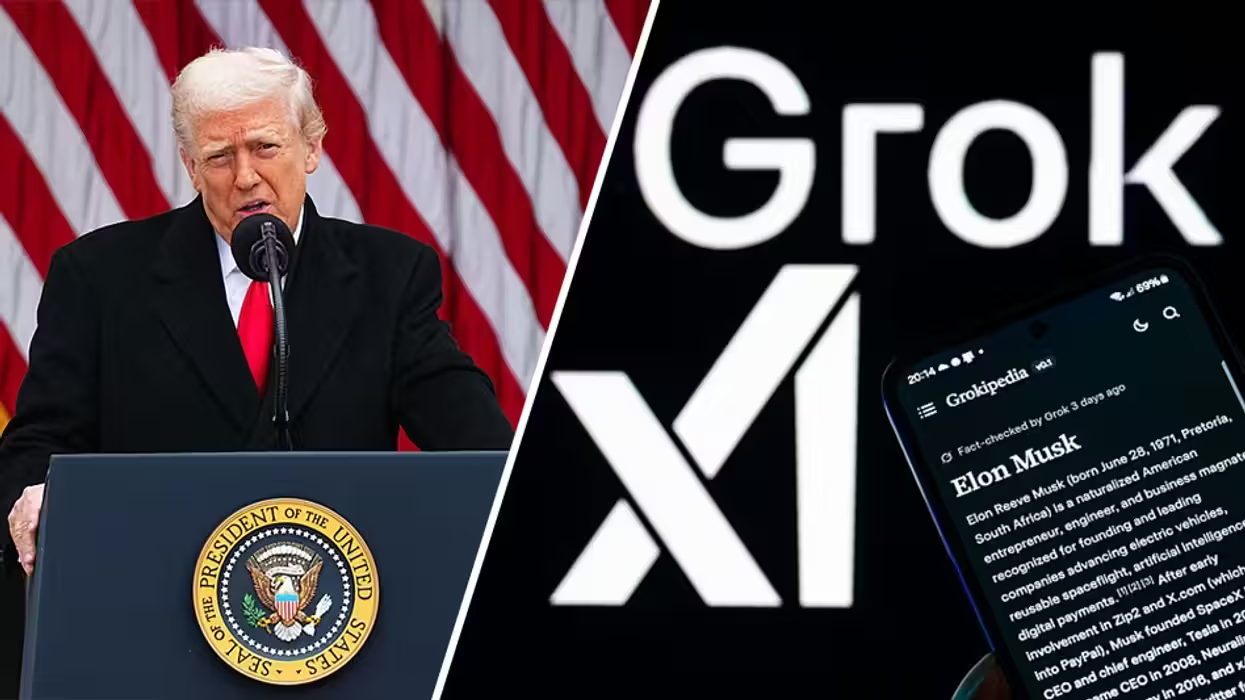
© 2025 Blaze Media LLC. All rights reserved.
“This debt crisis will not simply go away. It will certainly be a decade before we are in a better position."
Gold continues to rise as European debt worries linger on in the financial markets. On Monday, gold and silver both climbed higher as the true sentiment about gold was revealed by Germany. Gold is closing in on $1800, while silver is nearing $35. Although there are many rumors flying out of Europe regarding possible solutions, there is one topic that is not open for discussion.
(Related: How Long Will Gold Miners Lag Bullion Prices?)
Germany has rejected proposals by France, Britain, and the U.S. to have German gold reserves used as collateral for the eurozone bailout fund. Germany has not forgotten what hyper-inflation feels like, nor the need for precious metals as a safe-haven. According to the World Gold Council, Germany has 3,401 tonnes of gold, which accounts for nearly 75 percent of its reserves.
"German gold reserves must remain untouchable,” said German Economy Minister Philipp Roesler.
There was speculation over the weekend at the G20 summit that German gold may be sold in order to boost the European bailout fund. However, the Bundesbank and Mr. Seibert, spokesman for Merkel, ruled out the idea of Germany parting ways with their gold reserves.
“Germany’s gold and foreign exchange reserves, administered by the Bundesbank, were not at any point up for discussion at the G20 summit Cannes," Seibert explained.
Germany’s reluctance to bring its own gold into the bailout conversation magnifies gold’s safe-haven status, and shows that nothing is as good as gold. It also shows that Germany realizes that the euro mess is not ending anytime soon.
“This debt crisis will not simply go away. It will certainly be a decade before we are in a better position,” said German Chancellor Angela Merkel.
Italian 10-year government bonds are also screaming that better days are far away, as interest rates head north of 6 percent. While the Greek tragedy is serious, Italy and its sovereign debt of more than $2 trillion may be a much bigger problem. Without any one willing to provide funds for a bailout, the situation for Europe looks dire.
There are reports that Greeks are pulling money from their banks (while they still can), in order to buy gold coins. Even the economist Paul Krugman weighed in on the issue in his November 1 post, writing “The question I’m trying to answer right now is how the final act will be played. At this point I’d guess soaring rates on Italian debt leading to a gigantic bank run, both because of solvency fears about Italian banks given a default and because of fear that Italy will end up leaving the euro.”
Although Krugman has criticized gold, his bank run theory is playing out, and people are resorting to the ancient safe-haven metal.
For years, people have turned to gold and silver as a storage of wealth, especially in times of turmoil. This time is no different. The eurozone debt crisis has brought out the best in precious metals by reminding the world about the downfalls of fiat currencies. As Germany proved, in more ways than one, there is no substitute for gold. Even central banks, which apparently only hold gold for “tradition,” are turning into net buyers.
Over the past 20 years, central banks were net sellers of gold holdings, but recently turned into net buyers as concerns about paper money and massive global debt plague the market.
[Editor's note: the above is a cross post that originally appeared on Wall St. Cheat Sheet.]
Want to leave a tip?
We answer to you. Help keep our content free of advertisers and big tech censorship by leaving a tip today.
Want to join the conversation?
Already a subscriber?
more stories
Sign up for the Blaze newsletter
By signing up, you agree to our Privacy Policy and Terms of Use, and agree to receive content that may sometimes include advertisements. You may opt out at any time.
Related Content
© 2025 Blaze Media LLC. All rights reserved.
Get the stories that matter most delivered directly to your inbox.
By signing up, you agree to our Privacy Policy and Terms of Use, and agree to receive content that may sometimes include advertisements. You may opt out at any time.





